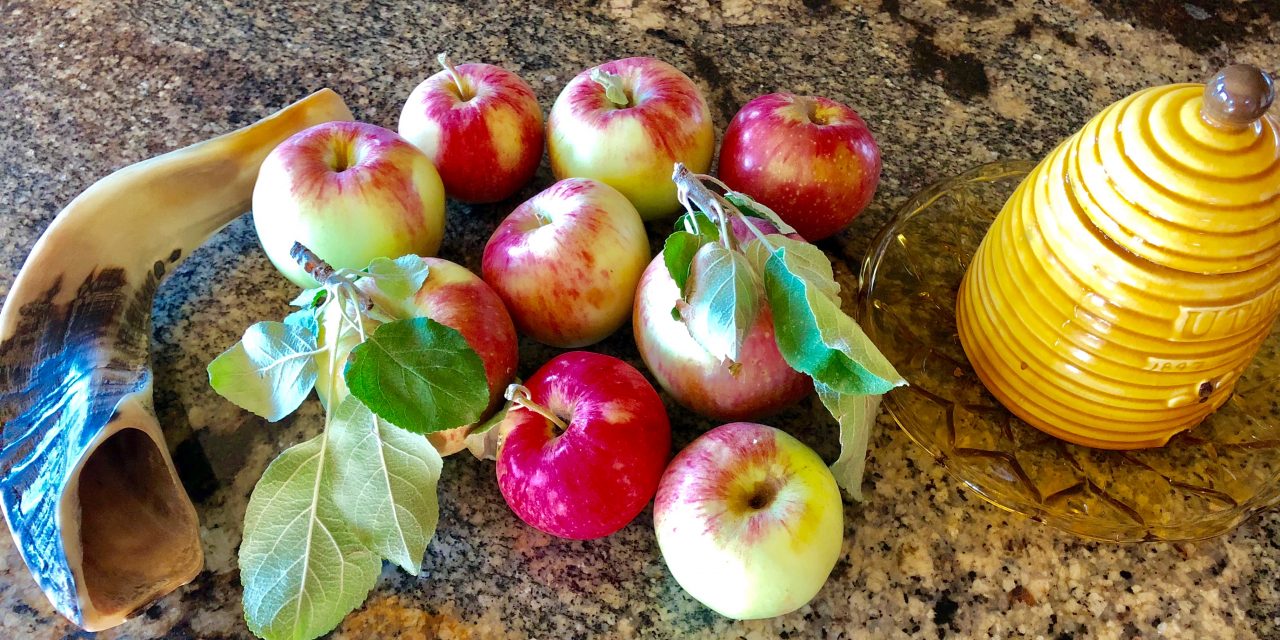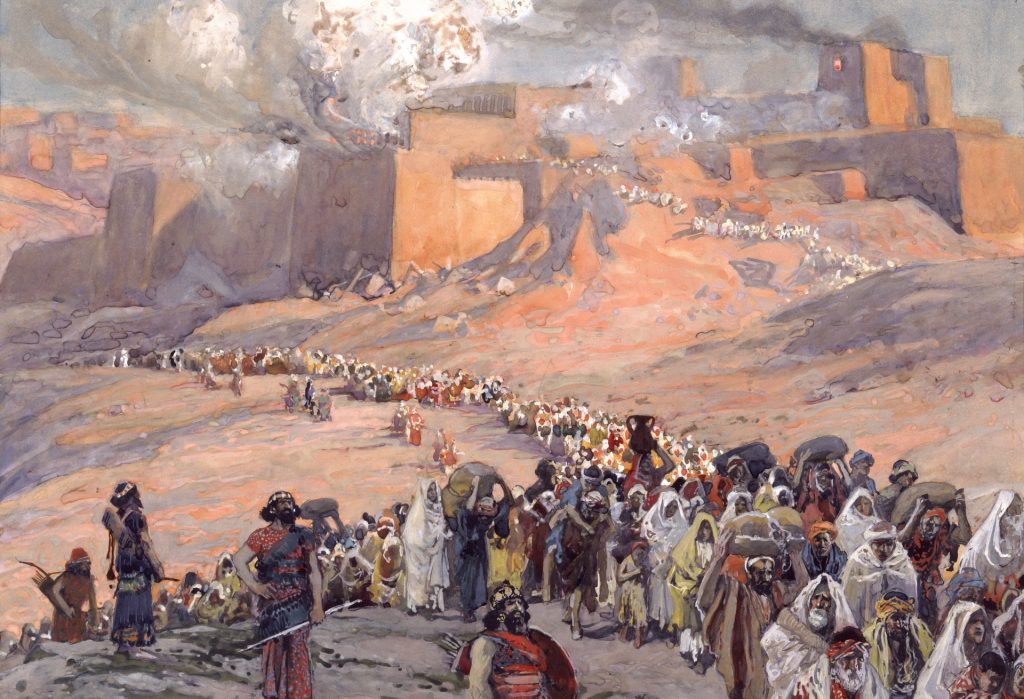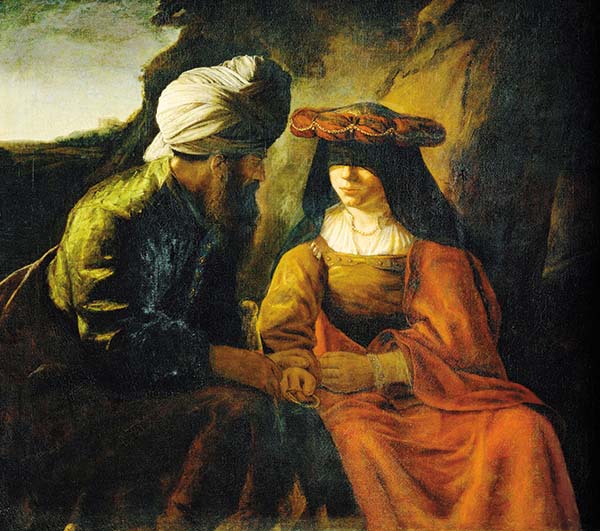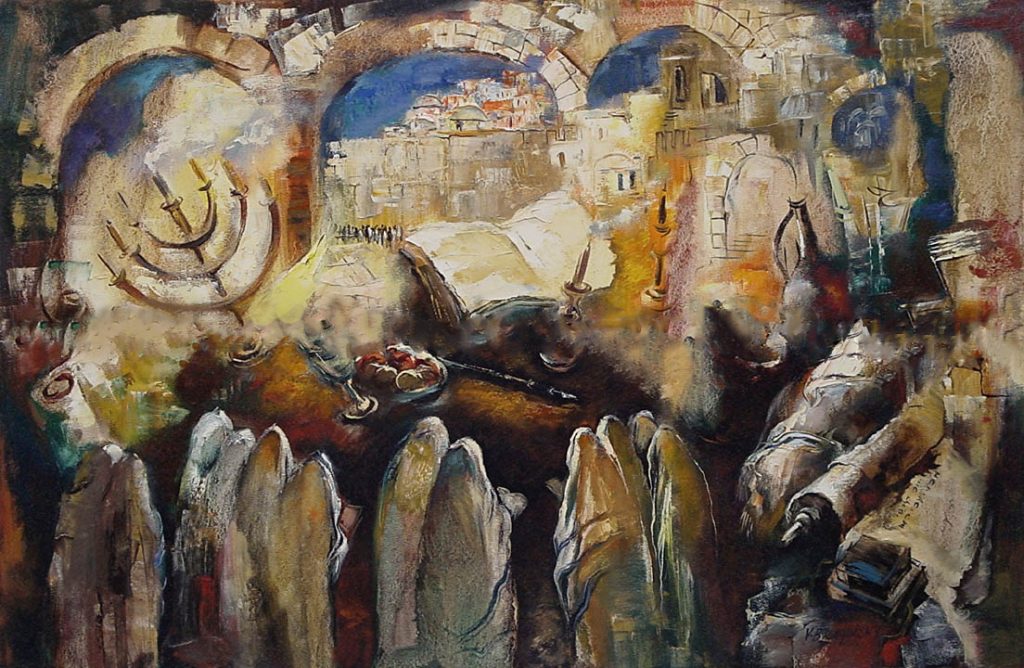Hosea is one of the minor prophets of the Torah or Old Testament. He is considered minor because he did not write much, not because he was unable to prophesy. Today is Rosh Hashanah — Head of the New Year. It’s a call to reflect on this last year and repent — a time to come to God and acknowledge that He has given you everything. Basically, Hosea’s message of return and repent is the call of the shofar as well.
Hosea’s Prophecy
Israel and Judah were in a state of apostasy when Hosea prophesied to the Northern Kingdom of Israel (760 – 720 BC). Other prophets at this time were Isaiah, Micah, and Amos. Hosea’s message was a sign to Israel – that on the day of gathering, the people of Israel will become the sons of the living God.
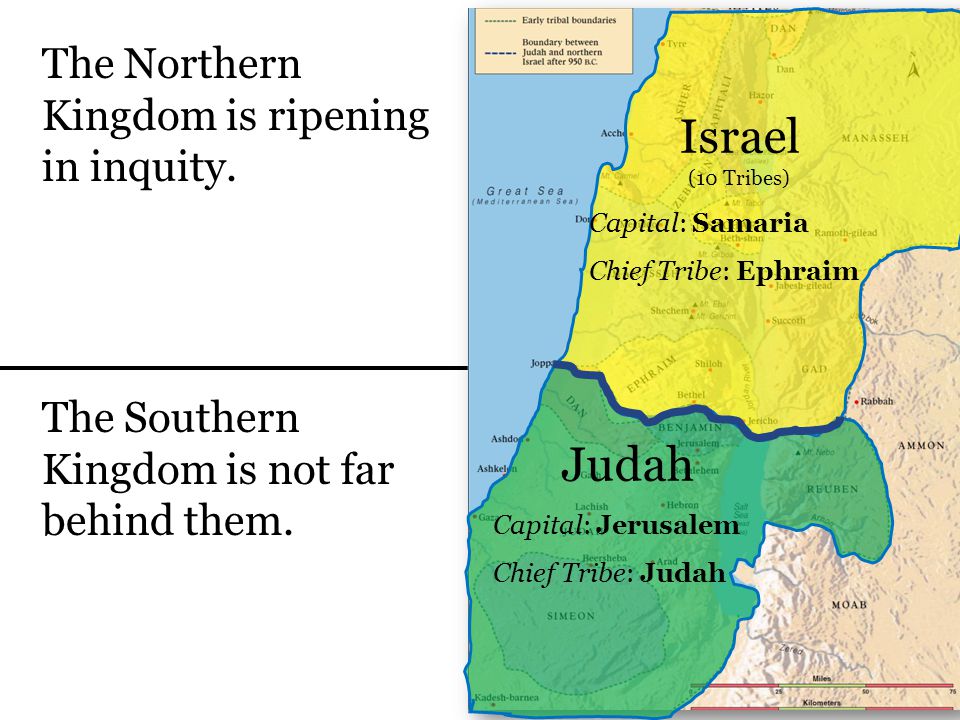
Capital: Samaria. Chief Tribe: Ephraim. The Southern Kingdom is not far behind them. Judah. Capital: Jerusalem. Chief Tribe: Judah.
The good news is that the Lord is loving and merciful, and He will forgive us when we repent and return to him.
Hosea writes about whoredoms (which is often used metaphorically to describe a people who are unfaithful to their God. So, I don’t know if this book is a true autobiography or a metaphor. The Israelites use “types and shadows” as a way to prophecy (2 Nephi 25:1.) So this may be the type and shadow: God asks Hosea to marry a whore — yep, it says in the book — Hosea married a whore.
Hosea uses the bride-and-groom metaphor to teach Israel that, though they are unfaithful to God, God will remain faithful to them.
And the Lord said to Hosea, Go, take unto thee a wife of whoredoms and children of whoredoms: for the land hath committed great whoredom, departing from the Lord. (Hosea 1)
The story gets even more distasteful because God tells Hosea to name his illegitimate children terrible names. Like who would name their kids, “I don’t love you”?
Then the Lord said to Hosea, “Call her Lo-Ruhamah (which means “not loved”), for I will no longer show love to Israel. Now when she(his wife whore) had weaned Lo-ruhamah, she conceived, and bare a son. Then said God, Call his name Lo-ammi: for ye are not my people, and I will not be your God. (Hosea 1)
Hosea is prophesying the destruction of Israel — that God will not protect them anymore — they are not his children.
Even with all this unfaithfulness and God saying, “you are not my people;” He says he will forgive them and asks them to return to Him, and in a later day, they will be His people:
Yet the number of the children of Israel shall be as the sand of the sea, which cannot be measured nor numbered; and it shall come to pass, that in the place where it was said unto them, Ye are not my people, there it shall be said unto them, Ye are the sons of the living God. (Hosea 1: 11)
Who did the unfaithful wife give credit for her food and clothing?
Hosea further explains that his unfaithful wife does not recognize that he is taking care of her. Instead, she thinks her “lovers” are the ones caring for her:
For their mother hath played the harlot: she that conceived them hath done shamefully: for she said, I will go after my lovers, that give me my bread and my water, my wool and my flax, mine oil and my drink.
For she did not know that I gave her corn, and wine, and oil, and multiplied her silver and gold, which they prepared for Baal. (Hosea 2: 5-8)
The meaning of the Shofar
The sounds of the shofar remind God’s people of their relationship with Him as well as God’s promise to remember His people. It is also a call to repentance before the Day of Atonement. This is also Hosea’s message. Because Rosh Hashanah is in the autumn in the Northern Hemisphere, it also celebrates the final season for the gathering of wine and oil — it is the final harvest of the year. When Joseph Smith got the golden plates on Rosh Hashanah, it was symbolic of the return, the final gathering.
In the last days, Ephraim will repent and return to the Lord.
Israel is often referred to as “Ephraim” because the northern kingdom of Israel was mostly made up of the tribe of Ephraim. Judah was the main tribe in the southern kingdom.
I will heal their backsliding, I will love them freely: for mine anger is turned away from him. I will be as the dew unto Israel: he shall grow as the lily, and cast forth his roots as Lebanon. His branches shall spread, and his beauty shall be as the olive tree, and his smell as Lebanon. They that dwell under his shadow shall return; they shall revive as the corn, and grow as the vine: the scent thereof shall be as the wine of Lebanon. Ephraim shall say, What have I to do any more with idols? (Hosea 14)
Rosh Hashanah is a call to repent and return to God. It is timeless. It was relevant in the days of Hosea, and it is important for us today. Do we acknowledge Him, or do we claim our progress is all of our own doing?
When I watched this video, the explanation of each sound on the shofar reminded me of the process of repenting — the contrite, broken heart that you offer to God:
Originally posted 2018, updated 2021.

